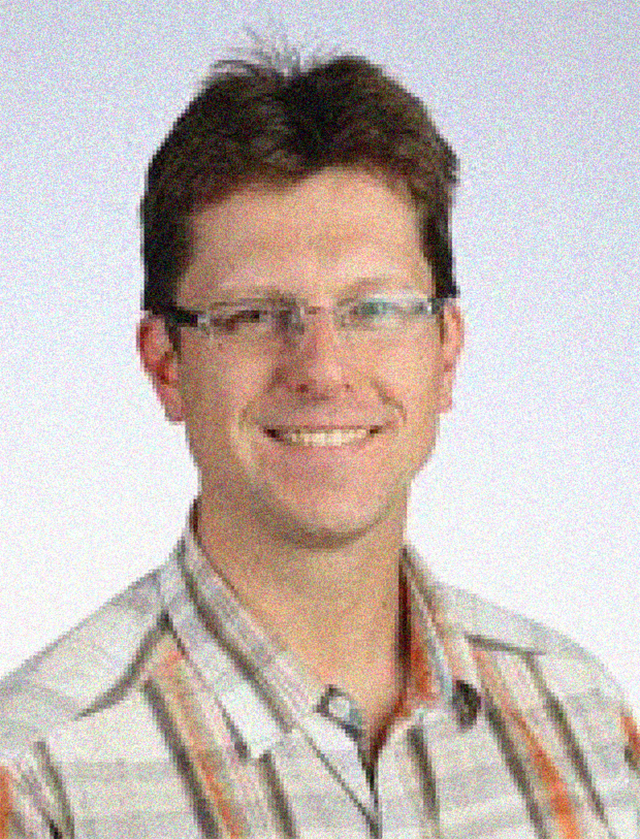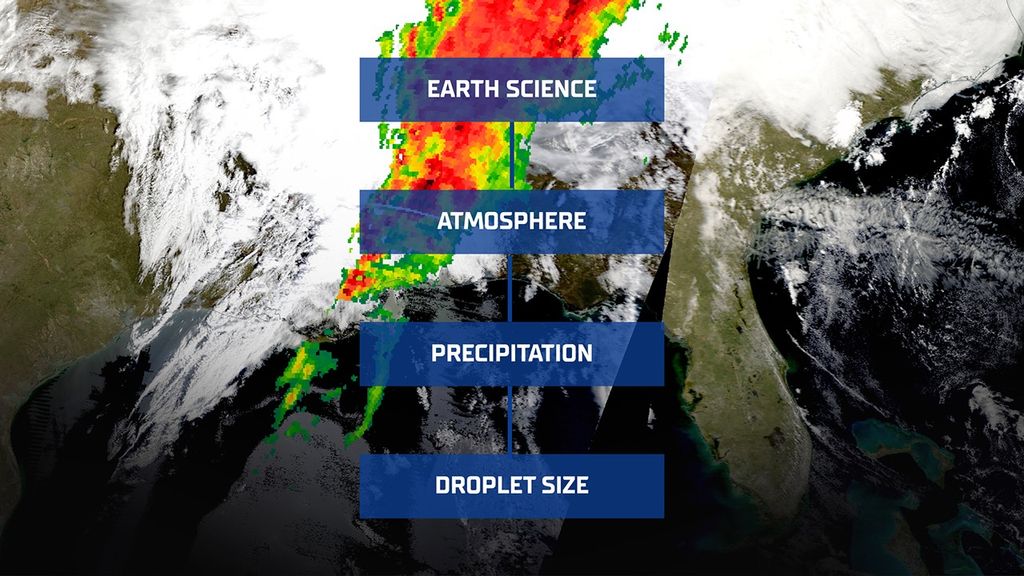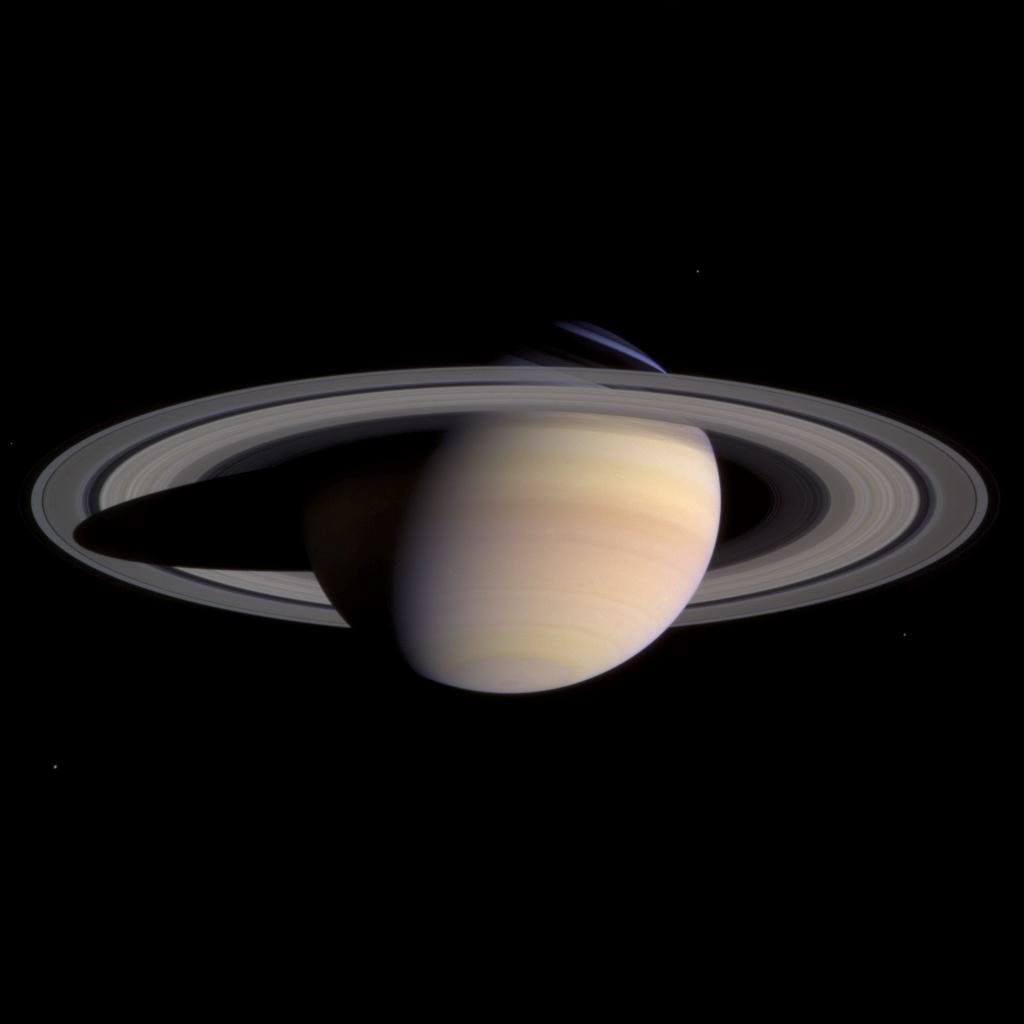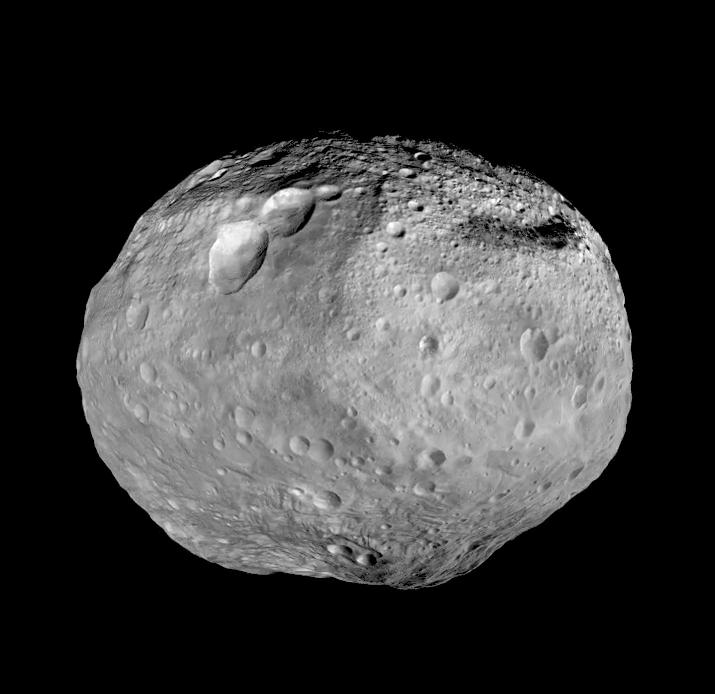
Brian Fleming
Associate Research Professor
Education
- Ph.D. (2013) • Astrophysics • Johns Hopkins University
- M.S. (2008) • Physics and Astronomy • Johns Hopkins University
- B.S. (2005) • Physics • Illinois Institute of Technology
- B.S. (2005) • Aerospace Engineering • Illinois Institute of Technology
Current Position
- Assistant Research Prof. – Astrophysics and Planetary Science
- Laboratory for Atmospheric and Space Physics
- University of Colorado, Boulder
- Principal Investigator of several technology development and sub-orbital/CubeSat grants, IS/IPI on Explorer Phase A Concept studies. Leads a large team of students and professionals on NASA programs focused on UV astronomy instrumentation for integral-field spectroscopy.
![Mission/Grant logos for various CU-LASP projects led by Dr. Fleming, all of which are dedicated to supporting extended source spectroscopy in the far-ultraviolet. Clockwise from top left: [1] A project supporting instrument development around far-UV guiding fiber optics, [2] The SPRITE far-UV (100 - 175 nm) spectroscopic CubeSat, set to launch in early 2025, [3] The MOBIUS sounding rocket, a dual far-UV/near-UV integral-field spectrograph (IFS) underdevelopment to launch in 2027, [4] A program to develop high-efficiency, low-scatter gratings using lithography, [5] The INFUSE sounding rocket, the first far-UV IFS (launched in 2023), and [6] the UMIS micromirror-enabled far-UV reconfigurable IFS demonstrator.](https://science.nasa.gov/wp-content/uploads/2024/04/cu-lasp.png)
Mission/Grant logos for various CU-LASP projects led by Dr. Fleming, all of which are dedicated to supporting extended source spectroscopy in the far-ultraviolet. Clockwise from top left: [1] A project supporting instrument development around far-UV guiding fiber optics, [2] The SPRITE far-UV (100 – 175 nm) spectroscopic CubeSat, set to launch in early 2025, [3] The MOBIUS sounding rocket, a dual far-UV/near-UV integral-field spectrograph (IFS) underdevelopment to launch in 2027, [4] A program to develop high-efficiency, low-scatter gratings using lithography, [5] The INFUSE sounding rocket, the first far-UV IFS (launched in 2023), and [6] the UMIS micromirror-enabled far-UV reconfigurable IFS demonstrator.
Technology Interests
- Multi-object and integral-field UV spectroscopy
- Advanced mirror coatings for high throughput and greater design flexibility in the UV
- Etched silicon blazed gratings for greater aberration correction and throughput for the UV
- Far-UV transmitting fiber optics
- EUV optics and telescope designs
- UV Photon-counting detector technology
- MEMS devices for spectral multiplexing
Goals and Aspirations
- Develop new ways to answer outstanding questions in astrophysics by developing enabling technologies and rapidly maturing them through NASA’s sub-orbital program.
- Educate the next-generation of space scientists and engineers by providing leadership opportunities to a broad and diverse set of students at all levels.
- Design and build compact instruments that provide new capability at a fraction of the cost of predecessor programs.
- Maintain a positive and inclusive environment for the students, scientists and engineers working on my programs.

























